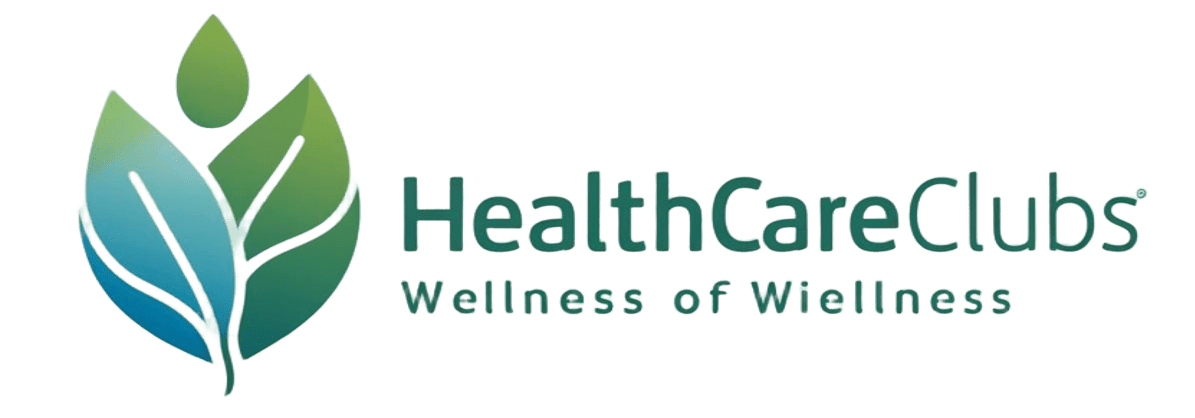We’ve all been there—that telltale scratch in your throat, a stuffy nose, sneezing fits, and the sluggish feeling that signals a cold is coming. While the common cold is rarely dangerous, it can make daily life uncomfortable. Thankfully, nature offers a host of remedies that can ease symptoms and support your body’s healing process. In this post, we’ll explore effective home remedies for cold symptoms, backed by tradition and supported by science.
Understanding the Common Cold
The common cold is caused by viruses, most frequently rhinoviruses. It typically spreads through droplets in the air when an infected person coughs or sneezes, or through contaminated surfaces. Symptoms usually appear 1–3 days after exposure and include:
- Runny or stuffy nose
- Sore throat
- Cough
- Sneezing
- Mild body aches or headaches
- Low-grade fever
- Fatigue
Most colds resolve within 7–10 days without the need for medical treatment. However, you can reduce discomfort and possibly shorten the duration using natural remedies.

1. Stay Hydrated
Why it Works:
Fluids help thin mucus, which makes it easier to expel. Staying hydrated also supports your immune system and prevents the dehydration that can come from fever or loss of appetite.
What to Do:
- Drink warm water, herbal teas, broths, and clear soups.
- Avoid caffeine and alcohol, as they can dehydrate you.
- Add a pinch of sea salt or lemon juice to water for an electrolyte boost.
2. Steam Inhalation
Why it Works:
Steam helps moisten nasal passages, loosen mucus, and soothe irritated sinuses.
How to Use:
- Boil water and pour it into a large bowl.
- Add a few drops of eucalyptus or peppermint oil (optional).
- Drape a towel over your head and inhale the steam for 10–15 minutes.
- Do this 1–2 times a day for relief.
Tip: A hot shower can offer similar benefits.
3. Salt Water Gargle
Why it Works:
Gargling with salt water can relieve a sore throat, reduce inflammation, and kill bacteria.
How to Do It:
- Mix ½ teaspoon of salt in a glass of warm water.
- Gargle for 30 seconds, then spit it out.
- Repeat 3–4 times daily.
4. Honey and Lemon Tea
Why it Works:
Honey is a natural antimicrobial and soothes the throat, while lemon provides vitamin C and can help loosen mucus.
Recipe:
- Heat a cup of water.
- Add 1 tablespoon of raw honey and the juice of half a lemon.
- Stir and sip slowly.
Note: Never give honey to children under 1 year old due to the risk of botulism.
5. Ginger Tea
Why it Works:
Ginger has anti-inflammatory, antibacterial, and antiviral properties. It can help soothe a sore throat and reduce congestion.
Recipe:
- Slice fresh ginger (about 1 inch) and boil in 2 cups of water for 10 minutes.
- Strain and add honey or lemon for taste.
- Drink 2–3 times a day.
6. Garlic Boost
Why it Works:
Garlic contains allicin, which has antimicrobial and immune-boosting properties.
How to Use:
- Crush raw garlic and let it sit for 10 minutes to activate allicin.
- Add to soup, mix with honey, or eat raw (if you can handle the taste).
- Take once daily at the onset of symptoms.

7. Chicken Soup
Why it Works:
This age-old remedy is more than comforting. Chicken soup acts as a natural decongestant and provides hydration and nutrients.
Tip:
Add garlic, onions, carrots, and herbs like thyme or rosemary for extra healing power.
8. Herbal Remedies
Effective Herbs for Colds:
- Echinacea: Boosts immune function. Best taken at first sign of a cold.
- Elderberry: May shorten duration and reduce severity of symptoms.
- Licorice root: Soothes sore throats and acts as an expectorant.
How to Use:
- Available as teas, syrups, or tinctures.
- Always follow package instructions or consult an herbalist.
9. Rest, Rest, Rest
Why it Works:
Your body heals itself during rest. Lack of sleep can suppress immune function and prolong illness.
Tips:
- Aim for at least 8 hours of sleep.
- Take naps during the day if needed.
- Avoid screen time an hour before bed to promote quality sleep.
10. Humidify Your Space
Why it Works:
Dry air, especially in winter, can worsen a sore throat and nasal congestion.
What to Do:
- Use a humidifier in your bedroom.
- Place a bowl of water near heating vents.
- Keep indoor humidity around 40–60%.
11. Spicy Foods
Why it Works:
Capsaicin in chili peppers can help thin mucus and relieve nasal congestion.
Examples:
- Add hot sauce, chili flakes, or horseradish to meals.
- Drink warm broth with cayenne pepper.
Caution: Avoid if you have a sore or inflamed throat, as it might cause irritation.
12. Vitamin C and Zinc
Why it Works:
Both nutrients play a key role in immune function and may shorten the duration of colds.
Sources:
- Vitamin C: Citrus fruits, strawberries, kiwi, bell peppers.
- Zinc: Pumpkin seeds, lentils, cashews, whole grains, supplements.
Note: Don’t exceed the recommended dosage; too much zinc can cause nausea or other issues.

13. Probiotics
Why it Works:
A healthy gut contributes to a strong immune system. Probiotics can help maintain this balance.
Sources:
- Yogurt with live cultures
- Kefir
- Sauerkraut
- Kimchi
- Probiotic supplements
14. Avoid Sugar and Dairy (If Sensitive)
Why:
Sugar can suppress the immune system and promote inflammation. Dairy, for some people, may increase mucus production.
What to Do:
- Opt for warm herbal teas and broths instead of sugary drinks.
- Monitor how your body reacts to dairy during a cold and reduce intake if needed.
15. Listen to Your Body
Every person is different, and what works for one may not work for another. Pay attention to what makes you feel better or worse, and adjust your remedies accordingly.
When to See a Doctor
While most colds resolve on their own, seek medical advice if you experience:
- Fever over 101.3°F (38.5°C) for more than 3 days
- Symptoms lasting longer than 10 days
- Shortness of breath or wheezing
- Severe sinus pain or swollen glands
- Earache or chest pain
These could indicate a bacterial infection or another condition that requires treatment.
Final Thoughts
While there’s no cure for the common cold, these home remedies can significantly reduce discomfort and help your body recover faster. With rest, hydration, and a few natural ingredients from your kitchen, you can get back on your feet in no time.
Remember, prevention is the best medicine. Wash your hands frequently, eat a nutrient-rich diet, manage stress, and get adequate sleep to keep your immune system strong all year round.
Stay healthy and take care!
![]()






